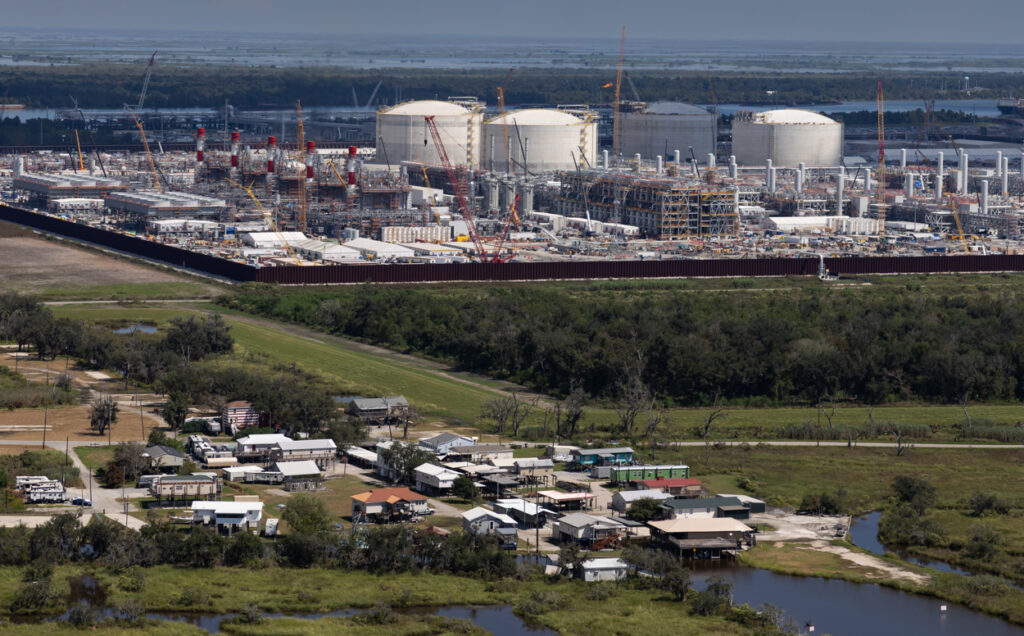Glacier National Park might soon need a new name. The northern Montana refuge just lost another two of its namesake ice fields to climate change and park officials warn the remaining twenty-five could be gone by the end of the decade.
A glacier needs to be at least ten hectares to qualify for the title and so far one third of glaciers in the park have slipped below that threshold. Of the 12 that have melted away, 11 have done so since 1966. Overall glacier acreage in the park in 2005 has sank 18 percent since that time.
The latest two to drop off the list lost 55% of their area since the mid 1960’s and the rest are going fast. “When we’re measuring glacier margins, by the time we go home, the glacier is already smaller than what we’ve measured,” said Dan Fagre, an ecologist with the U.S. Geological Survey.
The exodus of ice also threatens a $1 billion tourism industry in the area. Disappearing glaciers and warmer temperatures will lower stream flows, impacting fishing and rafting outfitters.
Local businesses are worried about the big melt. Rhonda Fitzgerald runs the Garden Wall Inn in Whitefish, Montana and knows well what keeps her customers coming. “Visitors come to Montana for its spectacular unspoiled natural beauty.”
“Tourism is Montana’s number 2 industry, bringing over $3 billion into the state each year, and Glacier National Park is one of the top reasons people visit Montana,” she said. Ensuring that the pristine condition of the Crown of the Continent and its intact ecosystem will be maintained is essential to the economic health of Montana’s tourism industry.”
A recent report by the Rocky Mountain Climate Organization and Natural Resources Defence Council showed that Glacier Park was two degrees hotter on average from 2000 to 2009, compared with 1950 to 1979.
Meanwhile on the other side of the country, the Washington Post continues its campaign against rational thought. This week they published an op-ed declaring that climate science is not only dead, but that those pesky green radicals are already plotting the next phony global scare to raise money.
This once august journal of sober thought seems now to be instead enamored with kooky conspiracy theories. If their writers no longer subscribe to science, perhaps they should instead look out the window.
Last march was the wettest month on record in Rhode Island, New York City, and New Jersey. Last winter had the most snow in DC history since records were kept in 1884. More weather records fell this week in the Northeast – The hottest April 7 on record for Boston and New York. Philly has seen the warmest first week of April ever.
Shoring up what we can see with our own eyes is a recent report that showed such freaky weather was becoming more frequent throughout the Northeast.
The study combed through 60 years’ worth of National Weather Service rainfall records in nine Northeastern states and found that storms that produce an inch or more of rain in a day are now commonplace. This inconvenient truth may require billions of dollars of upgrades to infrastructure that was designed for “100 year floods” that now come quite a bit more often.
The weather is getting weird whether the well-funded constellation of climate deniers wants to admit it of not.
That a national park might soon have to come up with a new name is only the latest glaring evidence that the world is not in fact flat.
Subscribe to our newsletter
Stay up to date with DeSmog news and alerts







